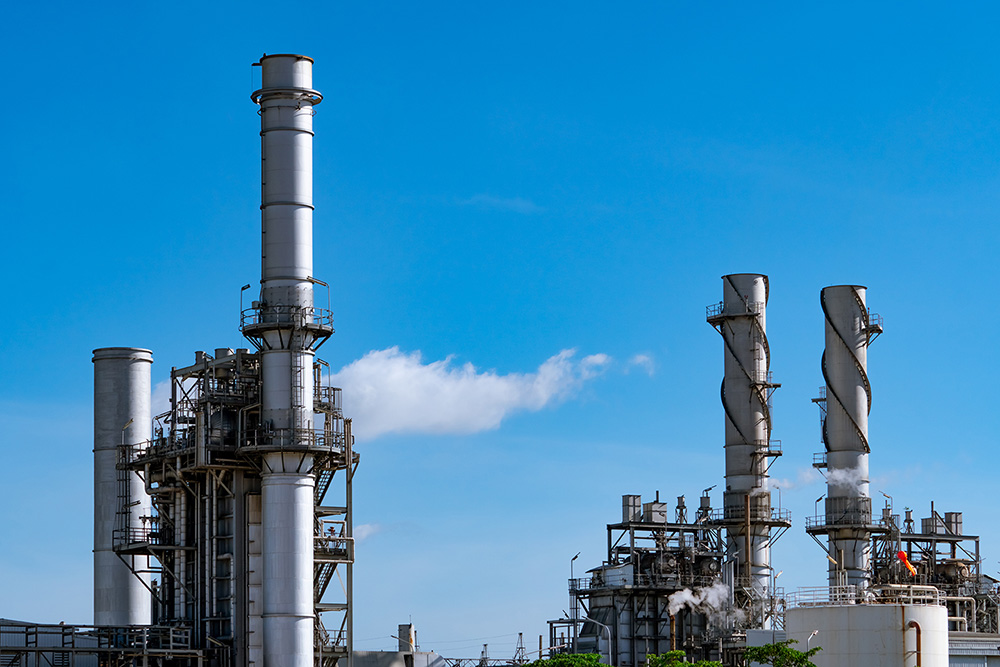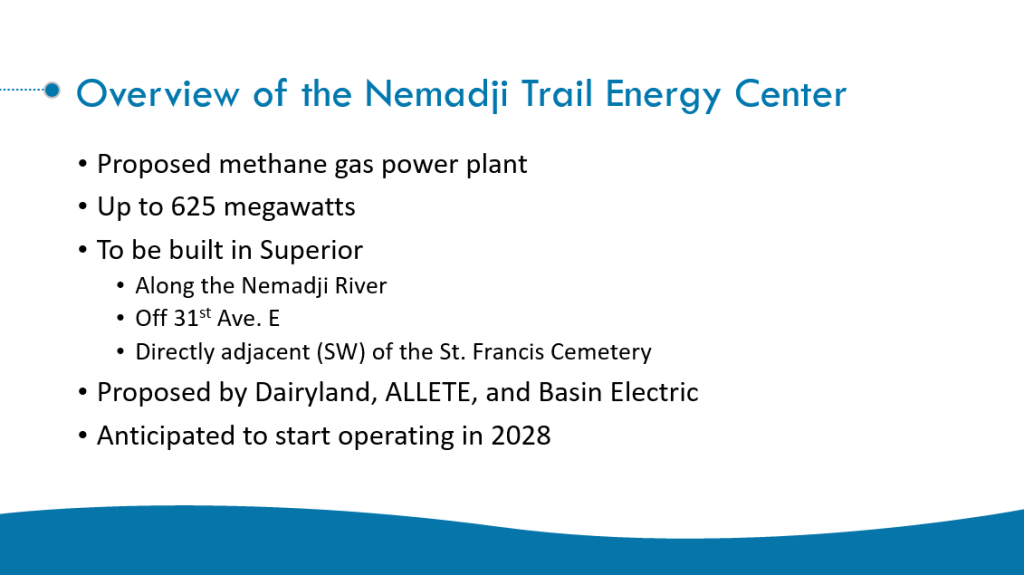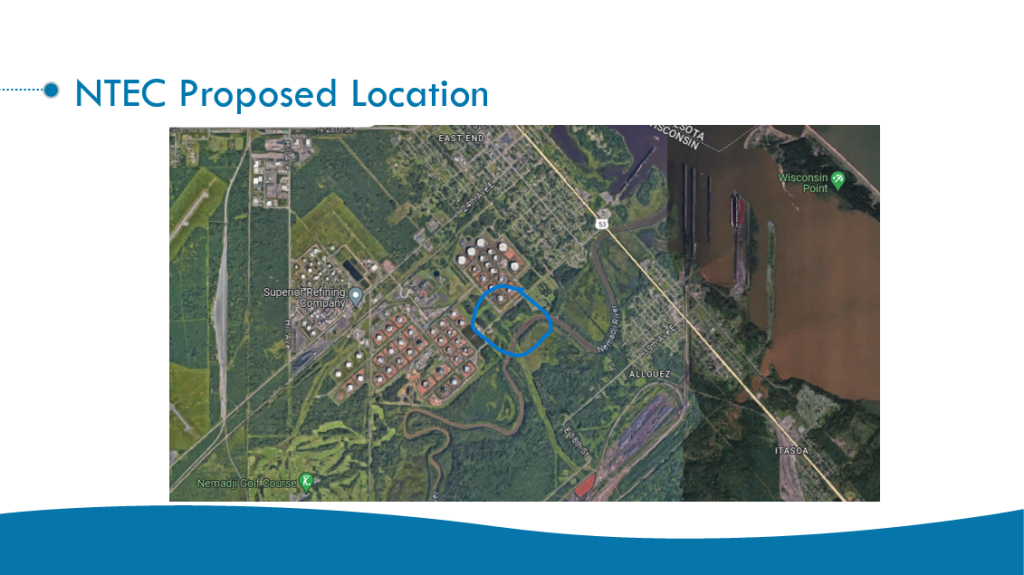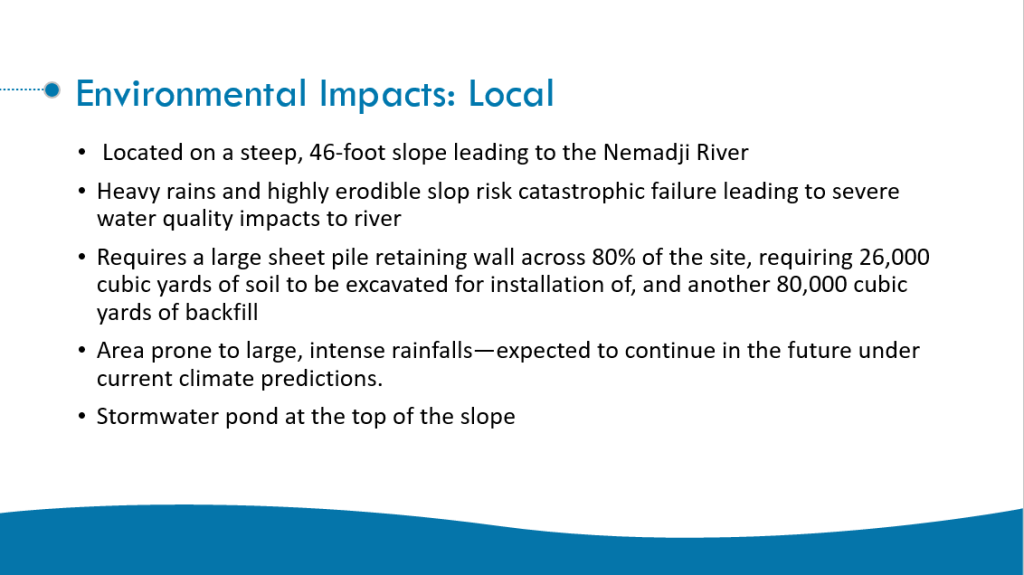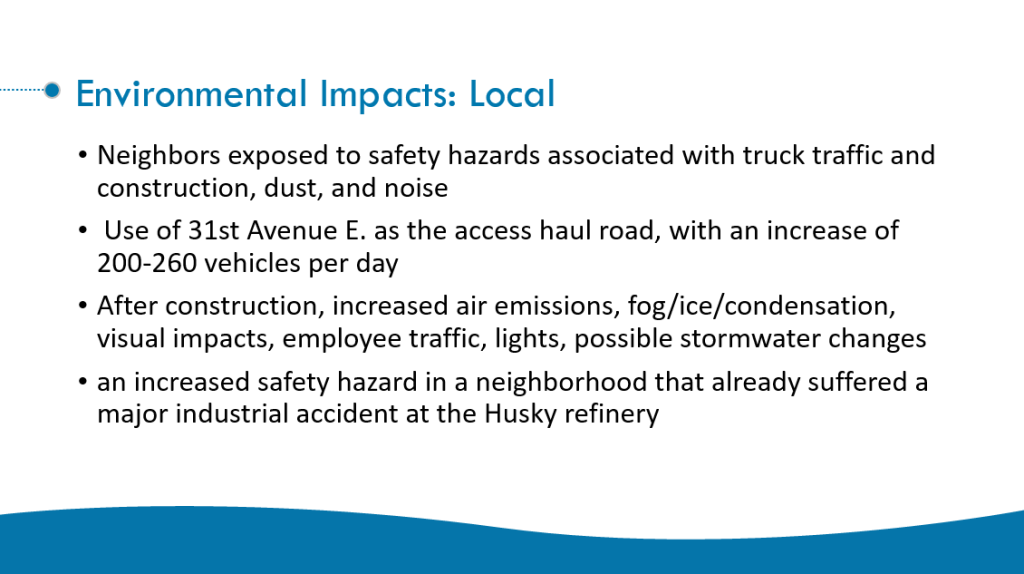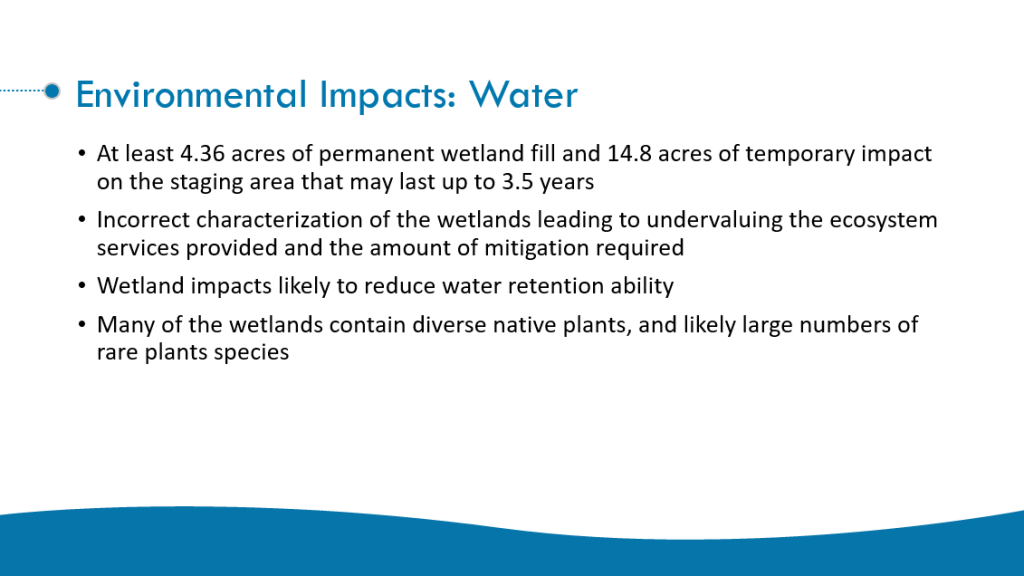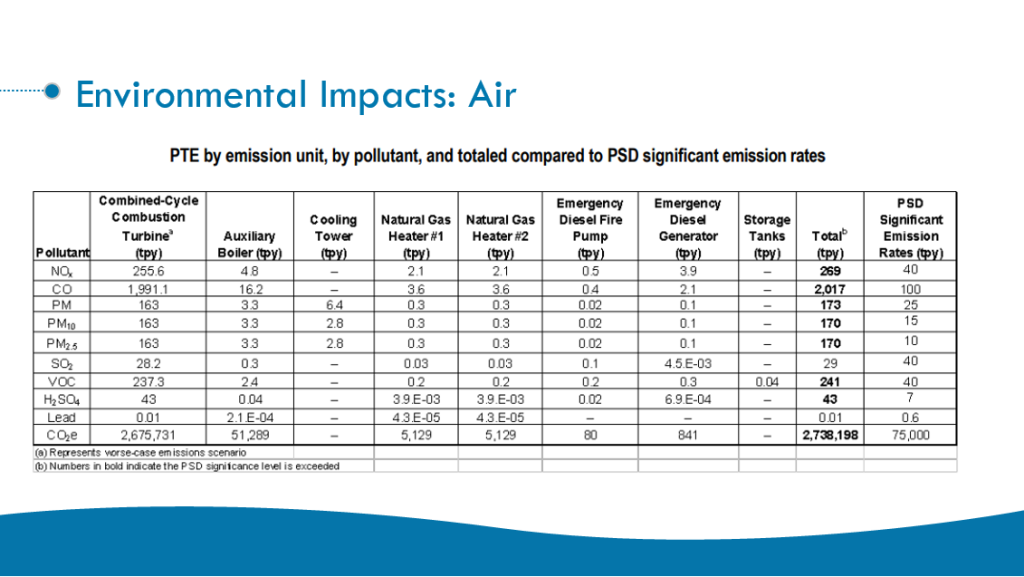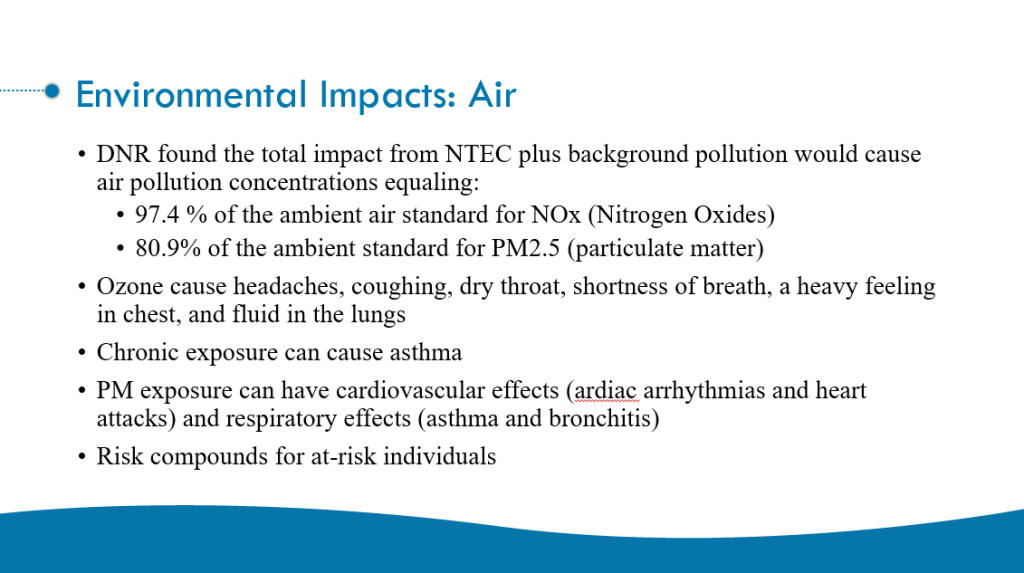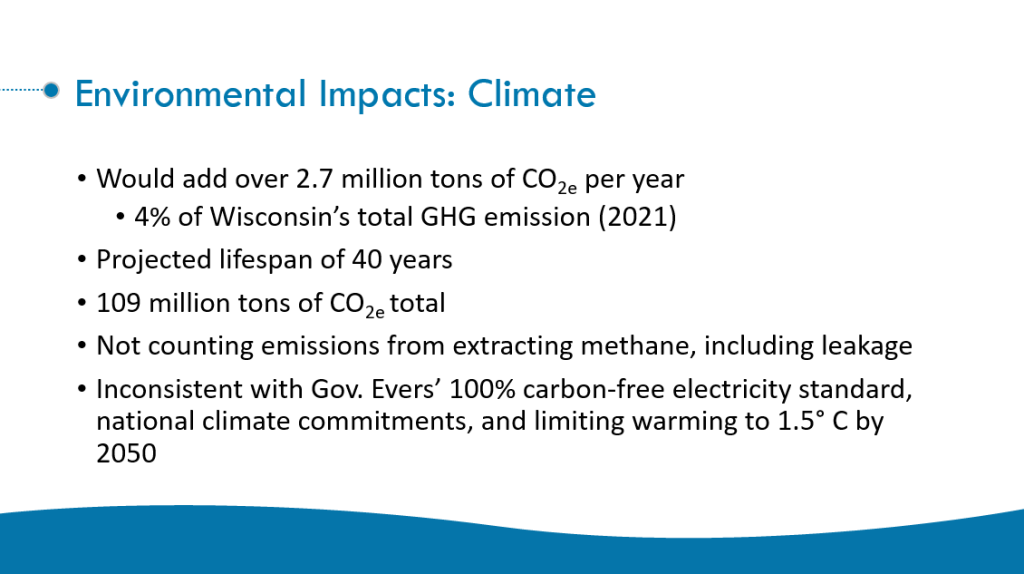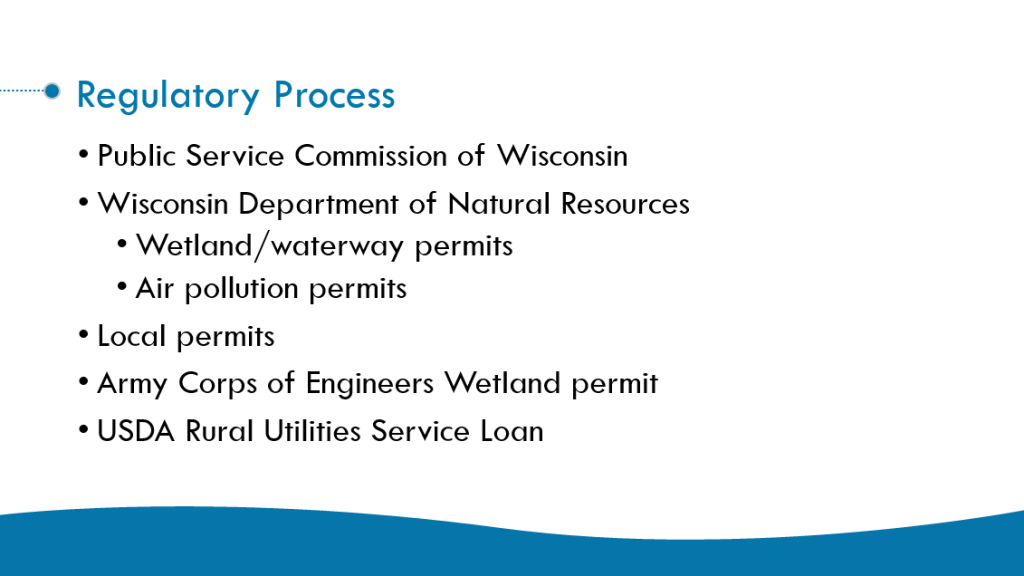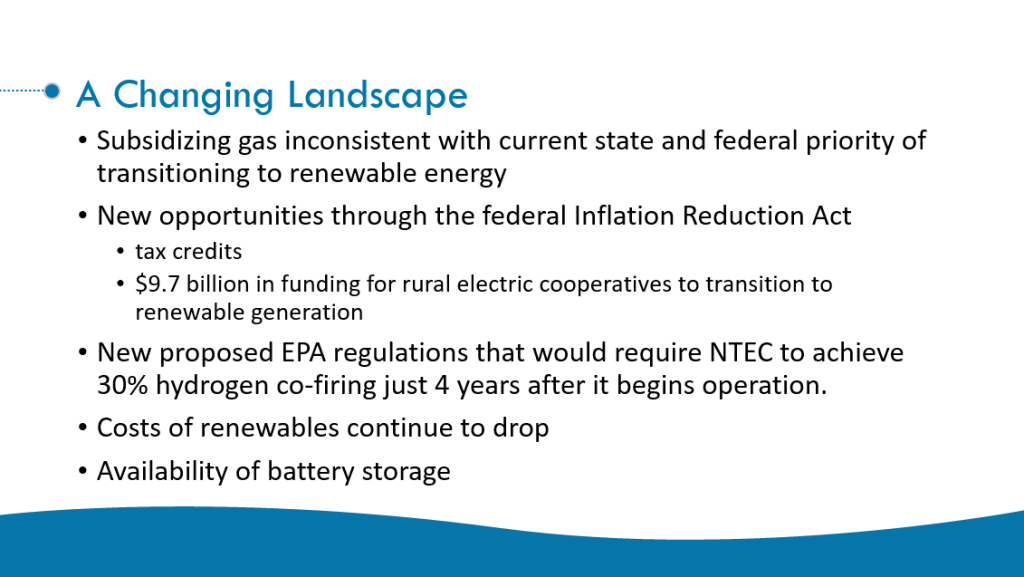Dairyland Power Cooperative, Minnesota Power and Basin Electric are proposing to build a 625-megawatt methane gas power plant in Superior, Wis., along the Nemadji River.
The $700 million Nemadji Trail Energy Center will come with an enormous environmental cost.
The plant would add nearly 3-million tons of carbon pollution into the environment each year, pushing us even further from our climate goals and impacting the health of people who live nearby. Wisconsinites deserve real clean energy, not more massive fossil-fuel-burning power plants.
Call on federal officials to deny subsidies for this climate-polluting gas plant.
Lake Superior is the lifeblood of Northern Wisconsin.
But the largest Great Lake has a problem: climate change.
The Nemadji Trail Energy Center is a bad deal for Wisconsin
The Public Service Commission approved the construction permit for the gas plant by a 2-1 vote in 2020. While the Chair of the Commission had reservations about the environmental impacts of the project and voted to deny the permit, it was approved anyway.
On February 28th, 2020, Clean Wisconsin and Sierra Club first filed suit to stop construction, arguing the large gas plant would pose significant risks to the environment and that the PSC should not have issued a Certificate of Public Convenience and Necessity to greenlight the project. Energy needs addressed by the plant could readily be met by higher priority alternatives under Wisconsin’s Energy Prioritization Law, including large-scale renewables paired with battery resources.
You can find the petition for review here.
On May 17, 2022, the Circuit Court upheld the PSC’s approval of the project. Though the judge acknowledged the “massive impacts a major project of this nature holds for the state,” he ultimately dismissed concerns Clean Wisconsin and partners raised with the PSC’s analysis of impacts to environmental conditions at the site and the project’s contributions to climate change.
Clean Wisconsin and Sierra Club have appealed the Circuit Court ruling, arguing that the PSC failed to adequately consider NTEC’s environmental impacts and clean alternatives to the project. A ruling from the Court of Appeals could be issued at any time.
The Fight Isn’t Over
The utilities still need a number of environmental permits and approvals–such as wetland fill permits and a federal loan from the USDA. Without these, the project could become dead in the water.
The USDA’s Rural Utilities Service conducted an environmental review of the project and is considering Dairyland’s loan application. Clean Wisconsin, Sierra Club, and Minnesota Center for Environmental Advocacy are heavily involved in the review, submitting comments addressing deficiencies in RUS’s consideration of the climate impacts of NTEC, among other issues, and urging the agency to deny the loan. This investment of federal funds for a large, newly constructed fossil fuel plant would be at odds with Wisconsin’s 100% carbon-free electricity standard, federal climate commitments, and limiting global warming to 1.5° C by 2050.
A Bad Deal for Superior
Clean Wisconsin staff attorney Brett Korte spoke about why the Nemadji Trail Energy Center Gas Plant would be a bad deal for the city of Superior in front of the city’s planning commission in January 2024. Read more about the project’s negative environmental impacts below.
State of Change Podcast
In this episode, Amy talks with Superior City Councilor Jenny Van Sickle about local efforts to stop a proposed gas plant from being built along the banks of the Nemadji River. Find out why Van Sickle no longer supports the project — and what YOU can do to help fight the plant.
